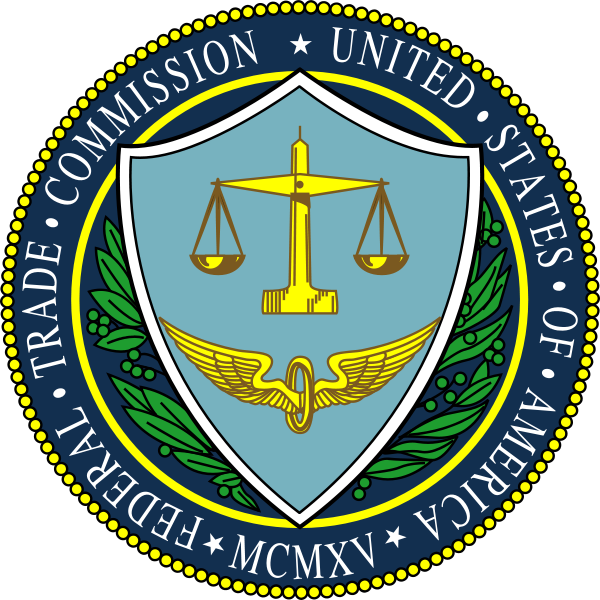Peter Roff, who writes for U.S. News and World Report, has recently documented how the Obama Administration’s “watchdogs” are waging war on the car dealers of America, trying to destroy their business model. The Federal Trade Commission (FTC) organized an event last week that was “designed to show the franchise model on which the industry operates is anti-competitive and results in consumers paying higher prices for new cars than they ought,” wrote Roff.
As Roff noted, the CFPB is alleging that dealerships are employing discriminatory practices to harm minority car buyers. He also noted that they have a “specious” empirical basis to do so. He instead points to research that overtly contradict the notion that competition is being restricted by franchisees to harm consumers. Why then do they press on?
Taken with the Consumer Financial Protection Bureau’s (CFPB) flawed modeling to assume that auto dealerships are discriminating against minority consumers, it seems that a full scale assault is underway.
This begs the question, why would they do this and who stands to gain?
Roff came short of saying that the Obama administration is clearing the way for Tesla, who has enjoyed a cozy relationship with the administration. Tesla has obstacles that prevent them from expanding, particularly that they want to have an Apple Store-like, manufacturer to consumer model that is prohibited in many states. Tesla seems to be leveraging their political connections to ameliorate their growing pains, to the point of using them as a weapon against their competition.
Wouldn’t it be quite convenient for an ally of the Obama administration that they could cite discriminatory practices to upset the current model? It isn’t unprecedented, as the Obama administration pressured manufacturers into shuttering hundreds of dealerships in the post-bailout chaos. It is also convenient that then as now, many of the auto dealerships do not share the President’s political affiliation. President Obama has no political disincentive to disrupt the auto franchise model, and has a relationship with the entity that would benefit from the upset.
The Obama administration has a history of maligning their political enemies to reward its friends. At times, this malignancy graduates to outright punishment. Similar allegations in past decades led to one of the key causes of the housing bubble bursting, as lenders were accused of discriminatory practices and pressured to lend to those who couldn’t repay.
In an economy where jobs are scarce and good-paying blue-collar jobs are scarcer, it is unconscionable that the President would attack bright spots like car sales and energy production. If the FTC and the CFPB persist in aiding the insidious regulatory capture of the President’s friends, Congress could intervene by defunding the resulting rulings and actions of these agencies to assure that the President cannot reward his financial backers at the expense of yet more American jobs.
Dustin Howard is a contributing editor at Americans for Limited Government.








